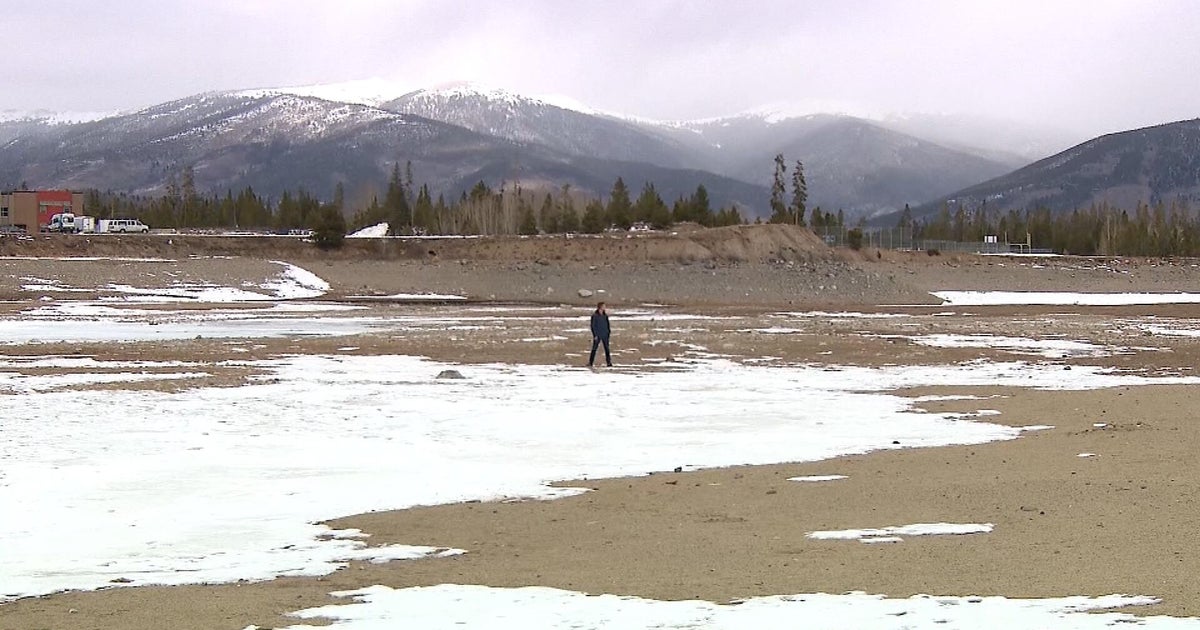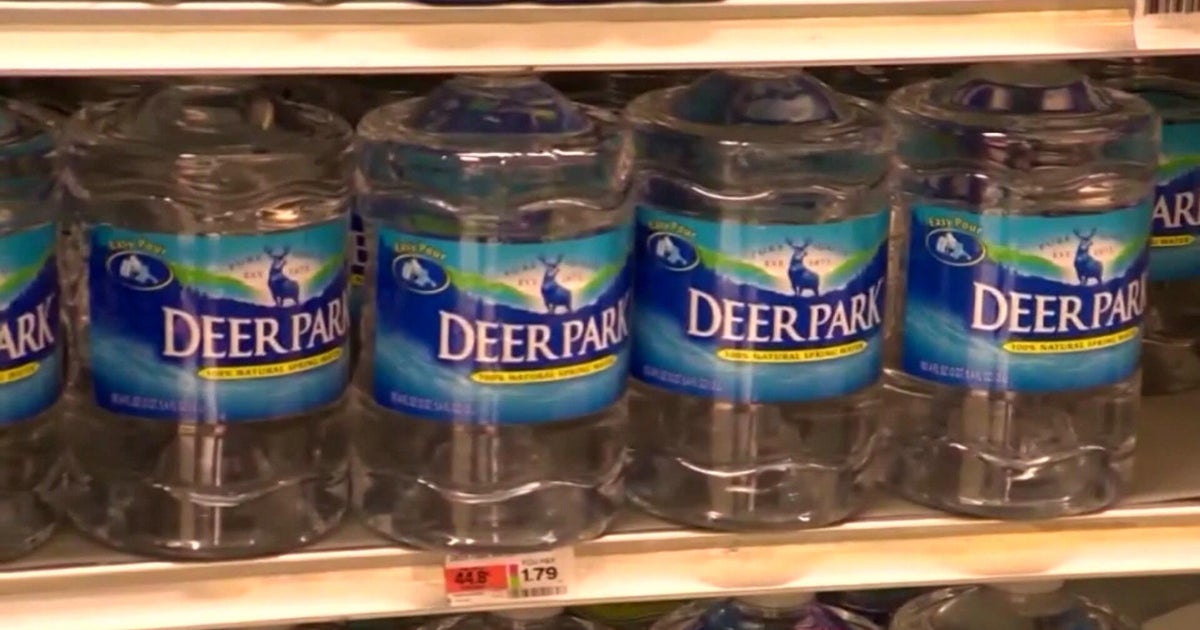Lake Powell is vanishing with devastating consequences. But it's bringing a former canyon back to life.
Big Water, Utah — It's hard to believe a place as beautiful as Lake Powell is also a shadow of its former self. Satellite images show the dramatic impact of the 22-year-long mega-drought that has left the lake just 24% full.
The last time the lake was full was in 1999, according to Eric Balken, who runs the Glen Canyon Institute. The institute wants to restore the canyon that was flooded in the 1960s to create Lake Powell, the nation's second largest reservoir.
"We're about 45 feet lower than we were last year," Balken told CBS News. "It looks like we can expect this to be a new normal."
Climate change is making the West hotter and drier, threatening the Colorado River system, including the manmade reservoirs of Lake Powell in Utah and Lake Mead in Nevada that provide water for 40 million people in seven states.
The National Park Service has been forced to shut down 11 boat ramps at the Lake Powell recreation area, which draws millions of visitors.
The critically low lake levels could soon cause the Glen Canyon Dam to stop producing hydropower for more than five million people in six states, forcing them to find alternative sources.
"It's completely unprecedented. This lake hasn't been at this level since 1967," Glen Canyon National Recreation Area superintendent William Shott told CBS News.
That's when Glen Canyon was drowned, erasing a landscape often compared to the Grand Canyon. Now, as the water recedes, the canyon is being reborn.
"Seeing this place come back to life is just such a special experience," Balken said. "It's sort of a treasure hunt."
Balken thinks Lake Powell's remaining water should be sent downriver to prop up Lake Mead, returning this to a place for hiking rather than boating.
"We can't go on with business as usual and hope that more water fills this reservoir because it's probably not going to," he said. "It would be prudent for us to start planning for life after Lake Powell."



